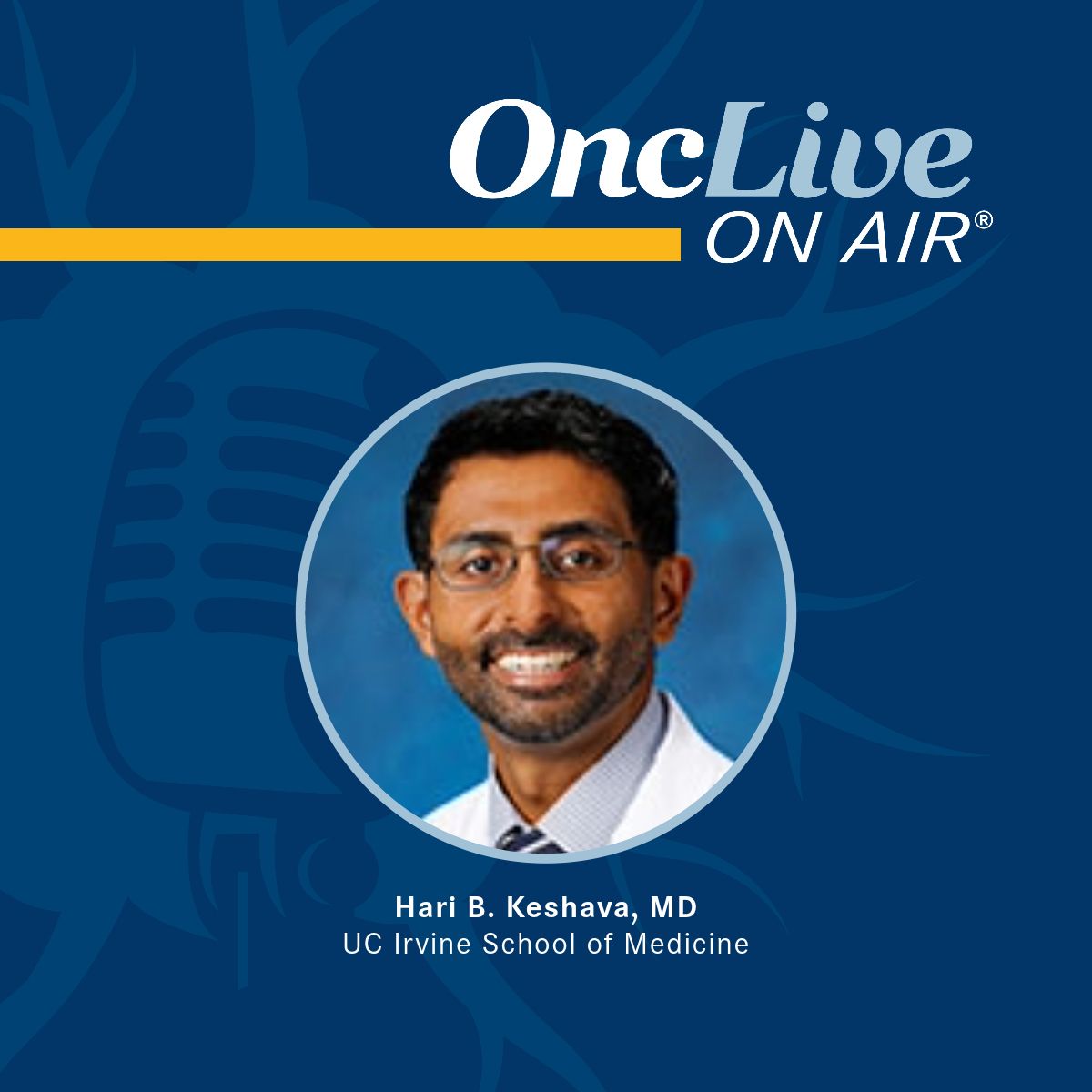Video
Dr. Curran on the Effect of Clinical Trial Enrollment on NSCLC Patients
Author(s):
Walter J. Curran, Jr, MD, discusses a report that examined the effect of institutional clinical trial enrollment volume on survival of patients with stage III non-small cell lung cancer (NSCLC) treated with chemoradiation.
Walter J. Curran, Jr, MD, Lawrence W. Davis Professor and Chair, Department of Radiation Oncology, Emory University School of Medicine, executive director, chair, Cancer Research, Winship Cancer Institute of Emory University, discusses a report that examined the effect of institutional clinical trial enrollment volume on survival of patients with stage III non-small cell lung cancer (NSCLC) treated with chemoradiation.
Curran says a phase III trial, done through the RTOG, evaluated a higher dose of radiation compared with a standard dose with concurrent chemotherapy for patients with stage III NSCLC. Results showed a poorer survival associated with the higher dose, which Curran says was unforeseen and somewhat counterintuitive.
In order to better understand the results of this study, researchers looked at the association between institutional experience in trial enrollment and the results of the trial. Curran says these findings showed that when institutions enrolled a larger number of patients on the trial, the survival of the patients was better compared with the patients that were enrolled in institutions that only enrolled a small amount of patients on the trial.
Curran says he is unsure if these results are due to experience, better coordination of multidisciplinary care, or better radiation technique. Two types of radiation were allowed in the study — a standard three-dimensional radiation and a more advanced type known as intensity-modulated radiation therapy (IMRT). Curran says the institutions that enrolled more patients tended to use more IMRT.
Previous studies have shown that for complicated surgical procedures, large degrees of experience are associated with better outcomes. Curran says perhaps the same thing is true for complex chemotherapy radiation treatment delivery.









